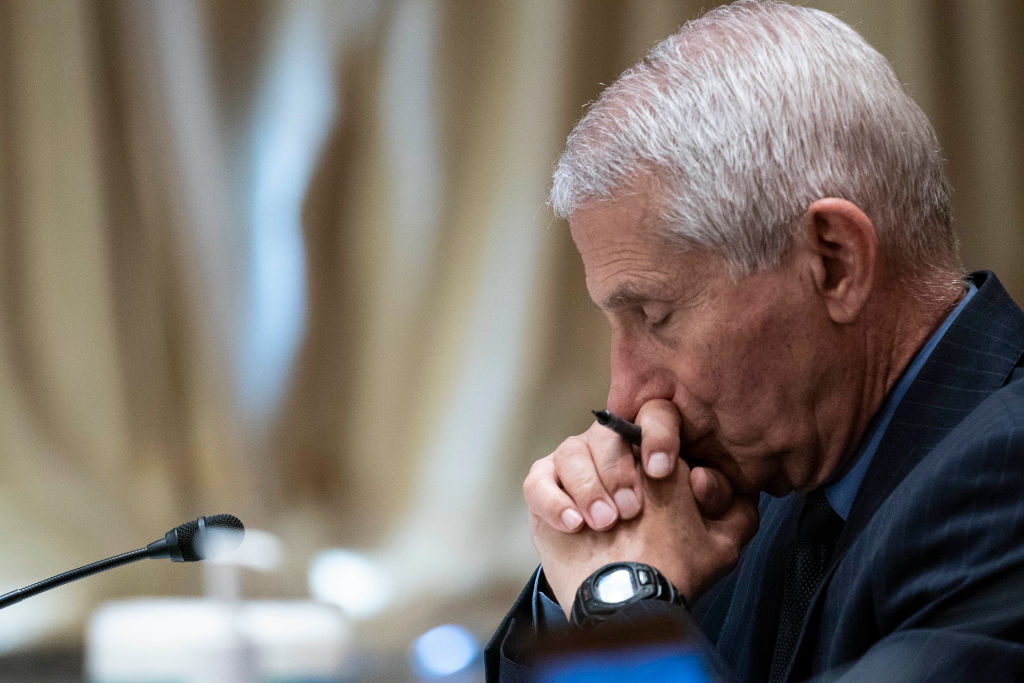Dr. Anthony Fauci, the former director of the National Institute of Allergy and Infectious Diseases (NIAID), was aware as early as January 2020 that his agency was funding gain-of-function research on novel coronaviruses at the Wuhan Institute of Virology in China, despite his later denials. This revelation came to light through an email obtained by U.S. Right to Know, a non-profit public health investigative organization.
WATCH: Fauci Is SMOKED on Masks & Has Zero Comeback, Plus Google Asked if Men Can Menstruate
In an email dated January 27, 2020, Fauci received details about the Wuhan research funded by the NIAID via the non-profit EcoHealth Alliance. Greg Folkers, Fauci’s chief of staff, outlined that the research involved sampling approximately 10,000 bats and 2,000 other mammals across 47 sites in the South China Sea where they discovered 52 novel sarbecoviruses, related to SARS-CoV-2.
The research did not explicitly mention gain-of-function, but it did indicate that the novel coronaviruses caused “SARS-like disease in humanized mouse models.”
The term “gain-of-function” refers to research aimed at increasing the virulence or transmissibility of pathogens for study purposes. Fauci and Senator Rand Paul (R-KY) had multiple exchanges over the definition of gain-of-function research during hearings.
In May 2021, Fauci categorically denied that the NIH funded such research at the Wuhan lab. However, an October 2021 letter from a top NIH official contradicted Fauci’s assertion, admitting that the NIH did fund this type of research on coronaviruses.
In November 2021, Paul accused Fauci of altering the definition of gain-of-function research on the NIH’s website. Fauci refuted the accusation, calling the term “nebulous” and also denying claims that COVID-19 emerged from a lab leak. These controversies continued until Fauci resigned in December 2022.
Four months after his resignation, former director of national intelligence John Ratcliffe stated that Fauci’s testimony was inconsistent with both classified intelligence and publicly available information. Ratcliffe, who had access to extensive information during the initial year of the pandemic, continues to assert that a lab leak is the only explanation supported by intelligence, science, and common sense.













